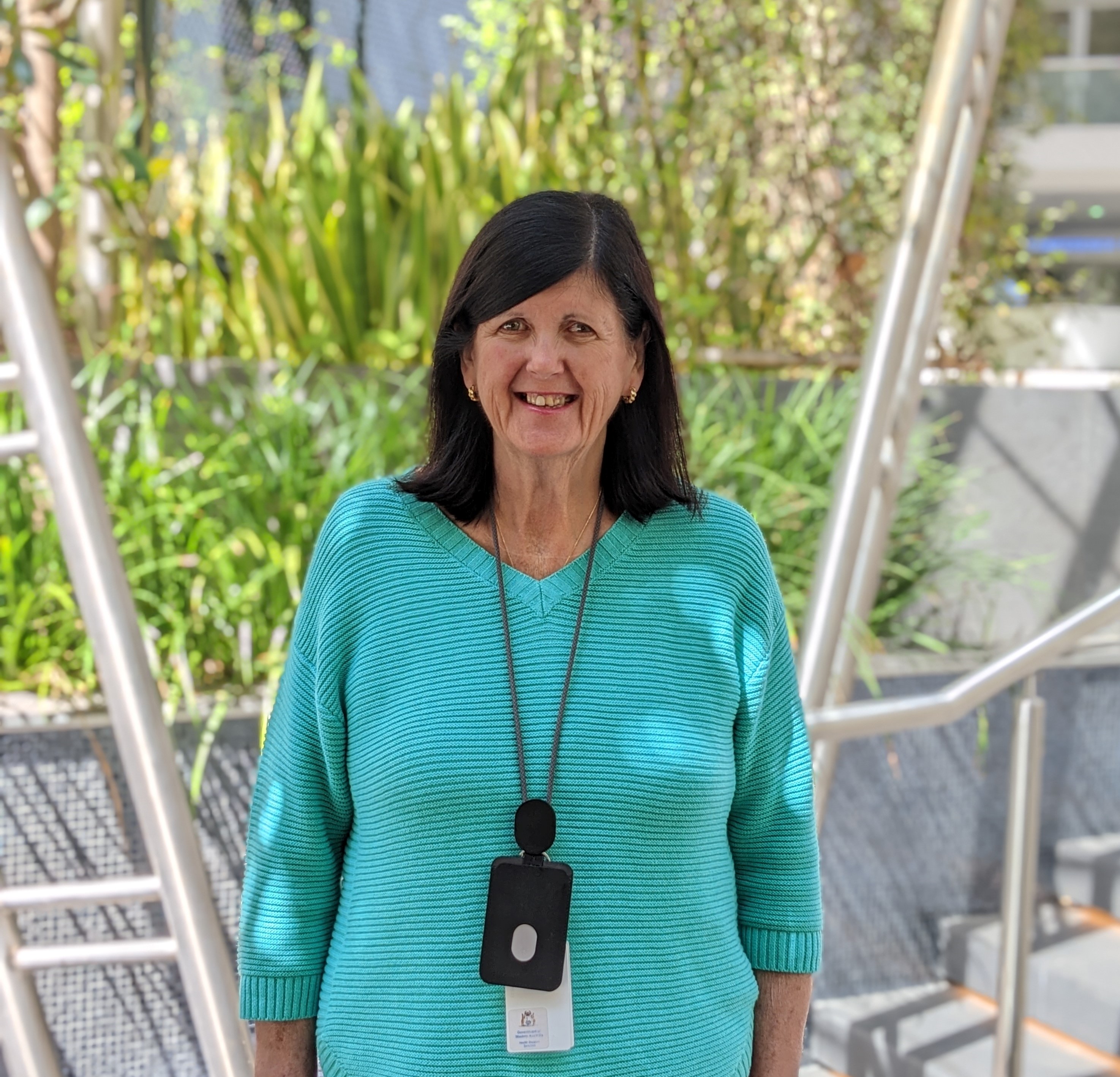Meet Sue Sutherland - International Day of Older Persons
 HR Consultant, Sue Sutherland
HR Consultant, Sue Sutherland
The definition of an inclusive workforce is one that welcomes all employees regardless of their age, gender, religion, nationality or sexual orientation.
Research has shown that when workers aged 55+ perceive an age-inclusive workplace they:
- experience greater work engagement;
- have better psychological well-being;
- are less likely to plan to exit the organisation; and,
- are less likely to experience burnout.
HSS welcomes mature-age employees as part of our Diversity and Inclusion Strategy 2019 - 2022 and values the experience and insight that they bring to the organisation.
Sue Sutherland, HSS HR Consultant, has a career which spans 53 years. And in her own words, there are not many situations, either personally or professionally, that she has not encountered, and she’s witnessed some significant cultural changes in the workplace over time.
“I started out as an office junior in an era when, as a woman, you were basically just working to kill time until someone came along to marry you. If you had an opinion or wanted more of a career, you were seen as headstrong, which was not deemed a desirable trait,” said Sue.
“It was nothing to receive unwanted attention from one of the senior executives back then and I came to realise this wasn’t appropriate behaviour. I quickly formed my strong opinions of what was fair and what wasn’t,” she added.
After a series of roles, Sue married and had her children, then at 45 as a single mum, she decided to enrol into university and get her degree in HR and Industrial Relations.
“At first the students thought I was one of the lecturers, so they weren’t as inclusive, but then they accepted me and liked the fact that I took great notes.
“My first real opportunity in the industry was when I accepted the position of Secretary to the President of the Industrial Relations Commission while I was studying. About six months later his Associate left and he asked me to fill the position which I tentatively accepted. It caused a lot of commotion at the time because there was a lot of court work involved and the associates were always lawyers,” Sue added.
In 2004 Sue took a position at what is now known as the Fair Work Commission, then moved into the private sector and held some very senior roles in mining, facilities management and aged care.
“I then wanted to create a better work life balance and having previously held a fixed term position at the Department of Health, I returned to North Metropolitan Health Service then landed at HSS,” she added.
“I am proud of the amount of knowledge and life experience I have. I know within my team if we have a difficult situation, I am often asked to sit in on the discussions either as a support person or be involved at some level because there are not very many situations I have not been exposed to, either personally or professionally.”
When asked to define a highlight of her career, Sue could not name just one.
“I like most aspects of my job, I can be autonomous and ‘get on with it’, work with a great team and have made some great work friends throughout HSS.
“I feel intrinsically rewarded when I am able to use my knowledge, skills and experience to make a difference in the lives of the people I interact with.

